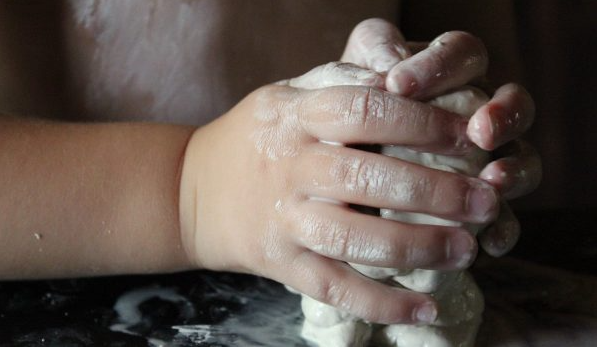In Montessori philosophy, creativity is seen as a natural talent established in the process of child development. This process begins when the child is born and progresses as the child develops a sense of intelligence and personality.
Maria Montessori believed that children have tremendous creativity. However, in order to use this creativity, they first had to learn to master their environment. In this way, Montessori sees creativity as a skill that stems from real knowledge.
The Montessori method supports the development of creativity in various ways.
The first important issue is the prepared environment.
Montessori classrooms/rooms are aesthetic, simple and uncluttered. It enhances creativity by providing children with a visually appealing learning space. Freedom of choice and range of motion of the child is paramount.
Thanks to the experiences in the prepared environment, children begin to develop their independence, concentration and sense of curiosity. These experiences allow the child to develop their own perceptions and better understand their world.
Another important issue is Montessori materials.
Montessori materials are sensory tools designed for children to learn abstract concepts through concrete experiences.
In addition, each material is designed with a visual error control. This means that the child can easily see and correct their own mistakes.
By allowing children to control their mistakes, Montessori materials teach them problem solving through repetition and practice. These skills are strongly associated with divergent thinking and creativity.
Thirdly, Montessori education content is an issue that should be given importance.
When creativity is mentioned, artistic activities come to mind. There is no direct category of art activities in Montessori education, but instead art is included in learning activities focused on a material or subject.
Art activities teach children how to develop hand and eye coordination skills. These skills allow children to apply their creativity and manage their activities in their own environment.
In fact, the role of art in Montessori philosophy is to develop creativity through practical application and factual knowledge.
In summary, the Montessori method fosters creativity by providing children with a sensory education about how the world really works.
